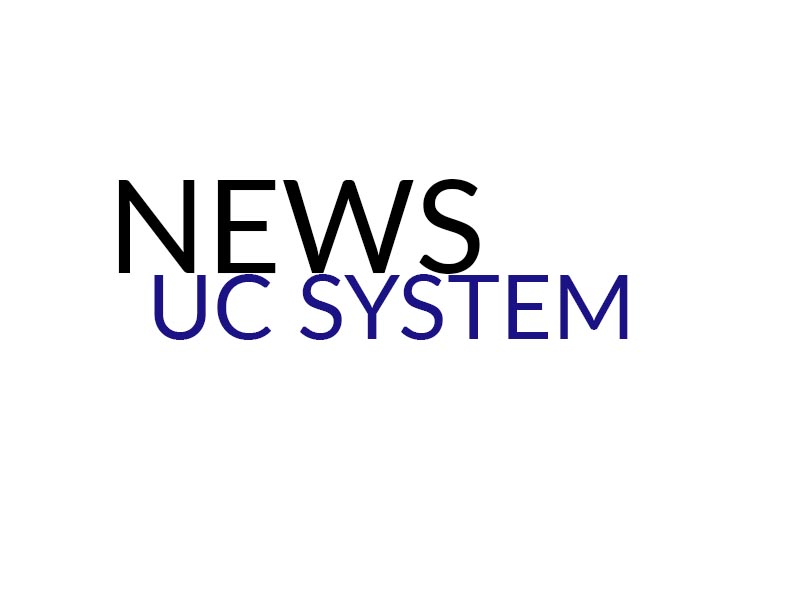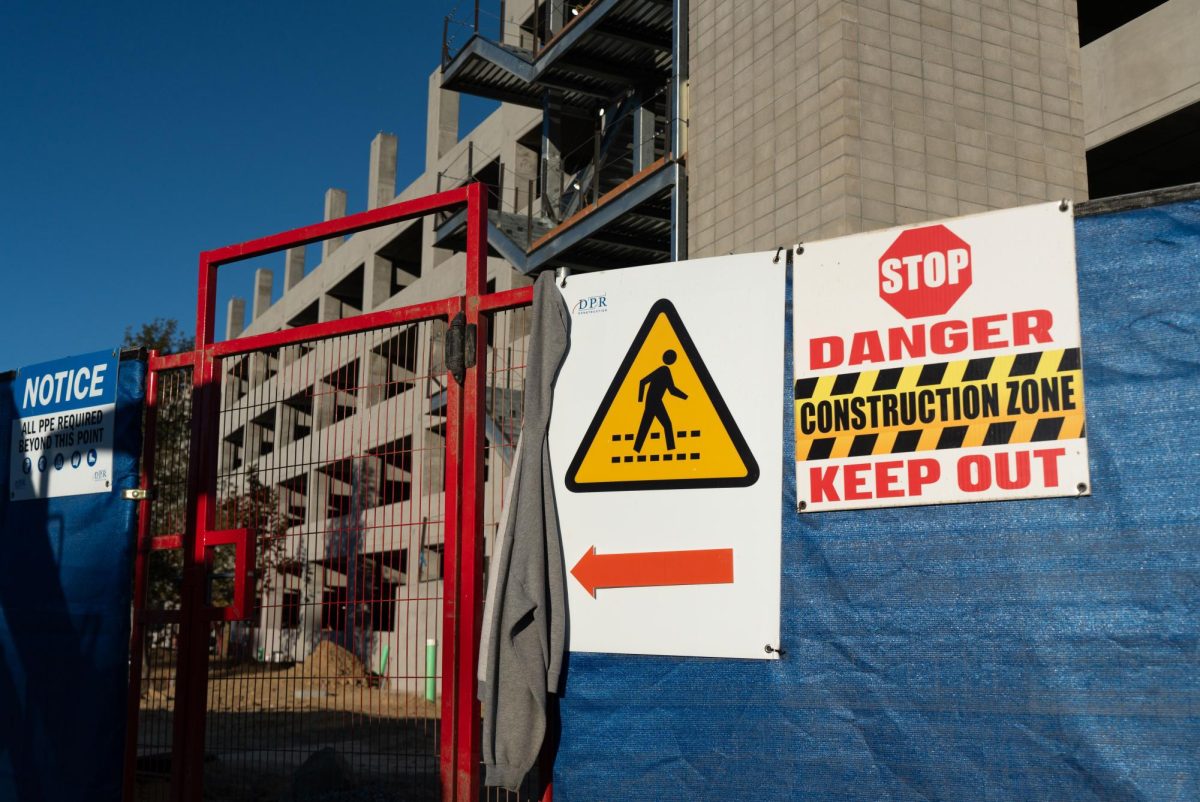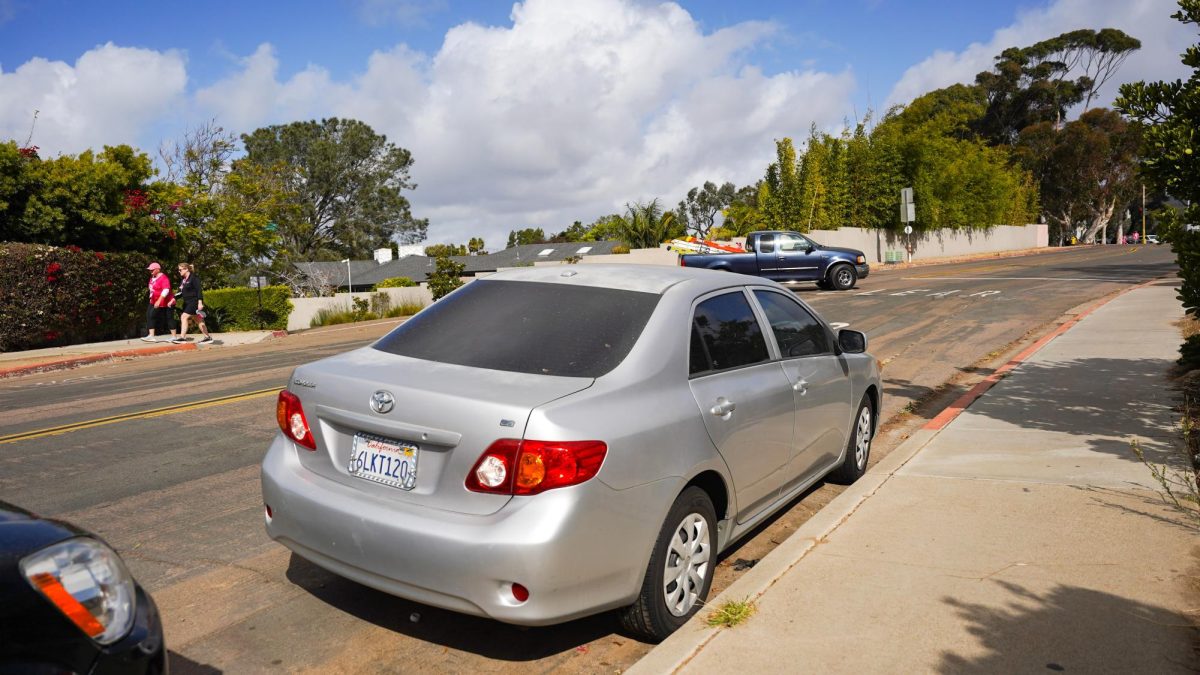The UCSD School of Medicine was recently added to the Association of American Medical Colleges’ list of institutions that accept applications from undocumented students with Deferred Action for Childhood Arrivals status.
Implemented in June 2012, DACA was created by the Obama administration to allow children, who were underage when their families illegally immigrated to the United States, to live and study in the country without fear of deportation for up to two years — not taking into consideration the possibility of status renewal. On Nov. 20, 2014, President Obama extended this period to three years. After this period, residents wishing to extend their term can apply to renew their DACA status.
Institutions that are listed as willing to accept applications from students with DACA status include Harvard Medical School, Stanford University School of Medicine and Johns Hopkins University School of Medicine. The two other UC medical schools on the list are UC San Francisco and UC Davis.
AAMC CEO and President Darrell G. Kirch said that the number of medical school applicants without valid documentation is rising. According to the AAMC website, over 640,000 immigrants have applied for DACA status so far, and the association witnessed an eightfold increase of DACA students in the 2014 applicant pool.
“Students with DACA status represent a small but growing community of aspiring physicians, and the number of medical school applicants with this status has continued to increase,” Kirch said in an AAMC press release on Sept. 25.
The DACA program also grants undocumented immigrants the opportunity to apply for employment authorization documents, which are valid for up to three years and are subject to renewal.
According to a fact sheet compiled by the Educators for Fair Consideration, the state of California has the highest number of undocumented immigrants in the nation. These immigrants comprise nearly 7 percent of California’s total population.
Undocumented Student Services Coordinator Jessica Munoz told the UCSD Guardian that she was enthusiastic that the UCSD School of Medicine is on the AAMC list and that giving students with DACA status the resources to obtain medical licenses is essential.
“I was pleased to learn the UC San Diego School of Medicine joined other prestigious medical schools to state clearly the school’s willingness to consider applicants with work authorization based on the Deferred Action for Childhood Arrivals program,” Munoz said. “Given that DACA provides a mechanism for medical school graduates to participate in medical residency programs and California law will soon permit individuals who are undocumented to become licensed physicians, it is important that the UCSD School of Medicine is committed to educating all qualified applicants who have a pathway to become a physician.”
In 2001, former Gov. Gray Davis implemented Assembly Bill 540 to the California Education Code. AB 540 waives out-of-state tuition fees for nonresident students who have fulfilled certain requirements.
These requirements include attending a California high school for three or more years or registering at an accredited institution of higher education within the state. Students who have DACA status but do not qualify for the AB 540 nonresident tuition exemption are not considered eligible applicants.
Medical students who are eligible for the AB 540 tuition exemption also have the financial support of the AAMC. As of this January, students who are applying to or have been admitted to medical schools and have DACA status can receive aid from the association through its new Fee Assistance Program.
“The AAMC is pleased to offer financial assistance for all eligible students in order to ensure greater access to medical school programs,” Kirch said in the press release. “The cost of applying to medical school should not be a barrier to individuals who want to pursue a career in medicine.”
Students can apply for or renew DACA status by completing an application online on the U.S. Citizenship and Immigration Services website.







